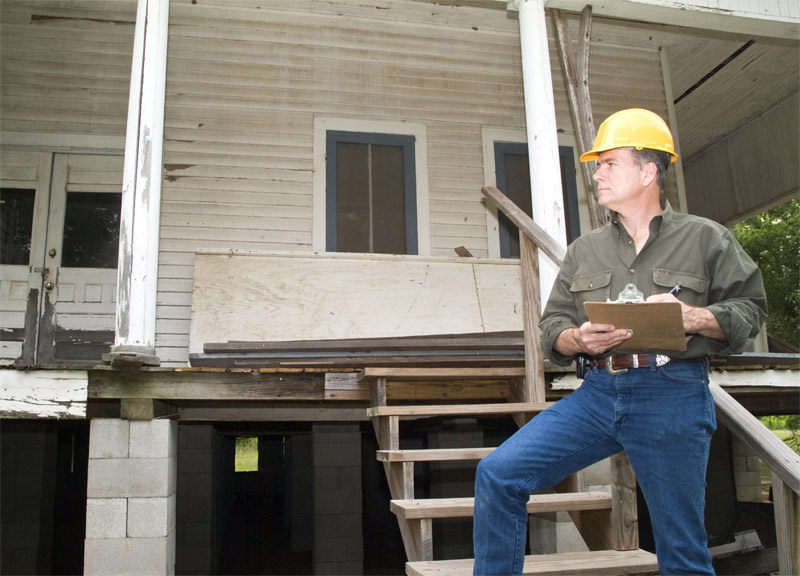The Construction Estimator
In Canada, the work of a construction estimator on a construction site is vital in ensuring that the construction work is done effectively. Without an estimation prior to a construction job, a company may lose a lot of money and may not end up finishing the project if it will cost too much. This is the reason why those who are ready to hire a construction company employ the services of an estimator, who can be senior or junior in ranking depending on their years of experience and qualification. The work of a construction estimator is to quantify the labor, materials and the equipment that are required for the completion of any construction project. The estimation of a construction site can vary depending on the construction form, such as civil works, hi-rise or residential construction jobs. A lot of people may confuse a quantity surveyor with a building estimator; a quantity surveyor has been trained and accredited as a professional in bachelor’s degree or its equivalent.
Construction Estimator Jobs Calgary
For a construction estimator, it is required that the person has a high school diploma or its equivalent, license to practice and certifications to prove that the province where the person operates has given him or her the right to practice in that region. A university level building estimator would expect higher pay at the end of the day than those without. There are lots of accredited institutions to help a building estimator with a degree or certification. In Canada, a construction estimator may earn an average of $54,766 per year. This is a very flexible job that can give the estimator time to do a lot of other things. However, the person may end up taking the blame if the work estimated is not perfect or if something goes wrong due to bad calculation.
Eluta Listings for Calgary Construction Estimator Jobs
